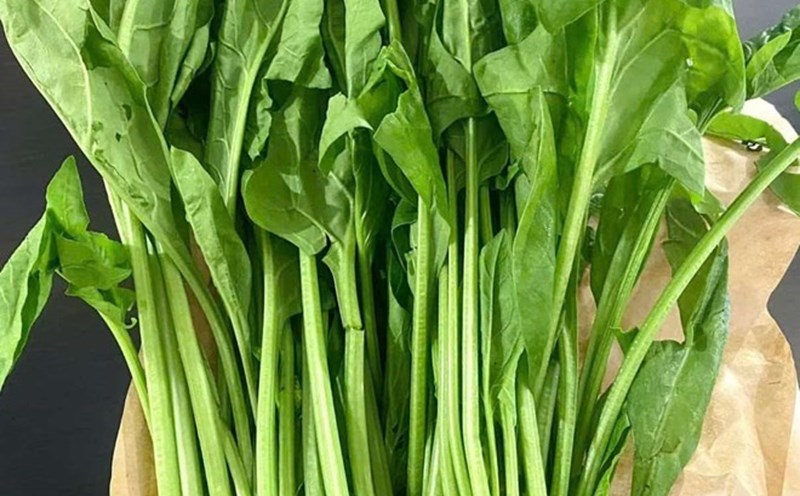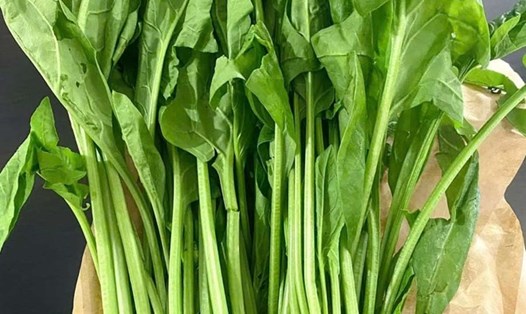Why does the body need magnesium?
Magnesium is an essential mineral involved in more than 300 biochemical reactions, from regulating nerve activity, maintaining heart rate, controlling blood sugar to supporting bone health. Adults need 300 - 400 mg of magnesium per day, depending on age, gender and physiological condition.
Magium not only helps maintain heart health but also improves sleep quality and helps reduce stress, says Dr. Sohaib Imtiaz, MD, a nutritionist in the UK. He emphasized that many people today do not get enough magnesium in their daily diet, leading to symptoms such as cramps, fatigue or sleep disorders.
Although pumpkin seeds are famous for their magnesium content (165 mg/portion), you can still find this mineral in many other foods.
Sources of magnesium are abundant outside of pumpkin seeds
Spinach: A cup of cooked spinach provides 160 mg of magnesium, nearly the size of a pumpkin. This leafy green is also rich in iron, vitamin K and antioxidants, which are easy to prepare in smoothies or stir-fried dishes.
Swiss cabbage: A cup of cooked cabbage contains 150 mg of magnesium. In addition, rainbow cabbage is rich in potassium and vitamin C, which are beneficial for the heart and immune system.
Quinoa: A cup of cooked Quinoa provides 120 mg of magnesium and high-quality fiber and vegetable protein. This is a gluten-free grain, suitable as a substitute for rice or oatmeal.
Brazil nuts: Six nuts provide 107 mg of magnesium and a rich source of selenium. However, you should eat it in moderation to avoid excess selenium.
Japanese soybeans (edamame): One cup of uncooked soybeans contains nearly 100 mg of magnesium, along with plant protein and isoflavones that support bones and the heart.
Tofu: Half a block of hard tofu contains 100 mg of magnesium. When supplemented with calcium, this is also an ideal source of nutrition for vegetarians.
Chia seeds: An ounce of chia seeds provides 100 mg of magnesium, and is rich in fiber, protein and calcium. Can be added to yogurt, smoothies or baked goods.
Eat food or take magnesium supplements?
Many people seek magnesium supplements in the form of tablets such as magnesium citrate or magnesium oxide. However, according to nutritionist Lauren Panoff, MPH, RD, author of the article, Unless prescribed by a doctor, natural foods are still the best source of magnesium thanks to their added vitamins, minerals, and fiber to aid absorption.
Foods rich in magnesium also help reduce the risk of overdose consumption, which can happen when taking supplements. Therefore, including a variety of green vegetables, nuts, beans and whole grains in your daily meals is a safe and sustainable way to meet your body's magnesium needs.












